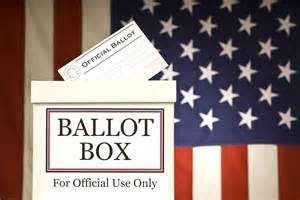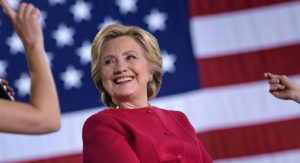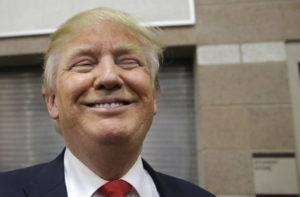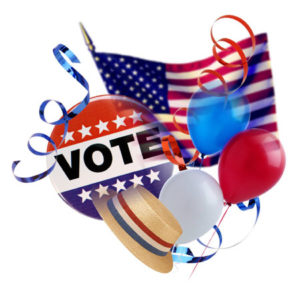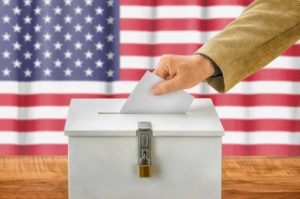I don’t intend to beat this issue to death, but I do intend to drive home what I believe is an important point about the 2016 presidential election.
It’s this issue of Donald J. Trump’s supposed “mandate” from the election result.
You see, the president-elect is trailing Hillary Rodham Clinton in the popular vote total by an increasing margin.
As of this very moment — at 8:32 p.m. CST on Nov. 22 — Clinton’s vote lead over Trump totals 1,737,744 ballots. They’re still counting ballots in Clinton-friendly states out west. Hillary’s vote lead will approach, perhaps even exceed, 2 million ballots when they’re all done with the counting.
I am not challenging that Trump won the election. He has 306 electoral votes; Clinton’s electoral vote totals 232. Trump needed just 270 of those votes to be elected. He’s going to become our 45th president in January.
He won it under the rules.
Nor am I advocating an end to the Electoral College.
However, Trump needs to be careful when he talks about “mandate,” and whether his victory awards him sufficient political capital to do all the things he vowed to do.
Build a wall? Ban Muslims from entering the country? Revoke trade deals? Appoint arch-conservative ideologues to the federal bench?
Yes, the president-elect won the Electoral College by a comfortable margin, but he’s falling farther and farther behind in the actual votes for president. More than half of those who voted for president cast their ballots for someone other than the guy who won. Hillary won’t achieve a majority of all the votes, but her plurality is looking healthier every day.
That vote deficit must give even a brash braggart like Donald J. Trump pause … or one might think.
Then again, we’re dealing with someone who broke virtually every conventional rule in the book while winning the presidency. Still, he ought to take great care when declaring a “mandate” to do anything once he takes his oath of office.
